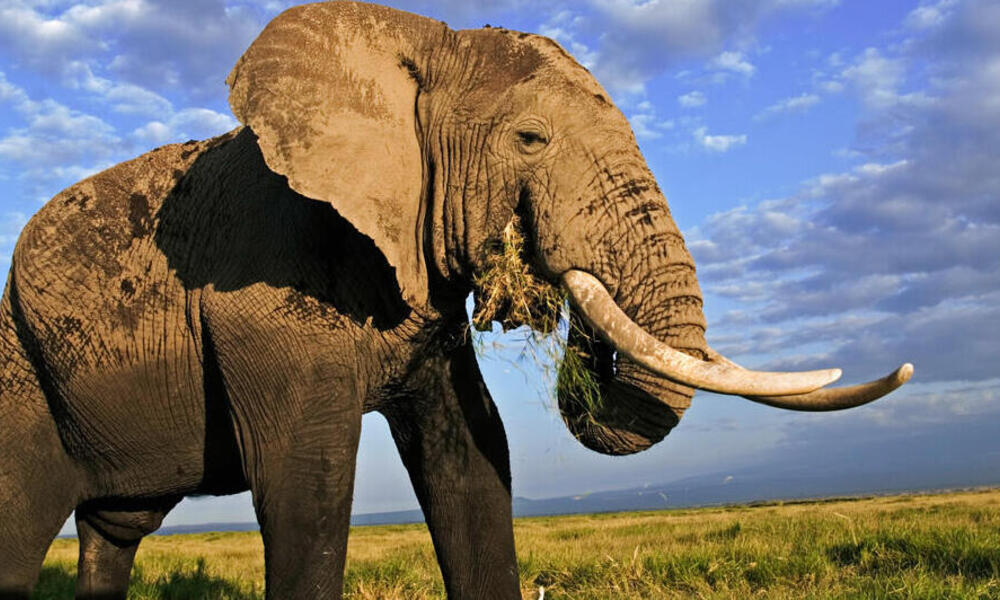In the intricate web of ecosystems, certain species play a pivotal role, and elephants stand tall as nature's climate warriors, embodying the essence of keystone species.
Keystone species are organisms that exert a disproportionate influence on the structure and functioning of their ecosystem. Their impact is so profound that the ecosystem's health and diversity rely heavily on their presence.
Elephants as Keystone Species
Elephants, the gentle giants of the savannas and forests, are quintessential keystone species. Their role extends beyond their immediate habitat, reaching into the global fight against climate change.
The Wanderers of Biodiversity
Elephants, being large herbivores, cover vast territories in search of food. Their nomadic lifestyle inadvertently shapes the landscape as they consume vegetation in their path. This wandering behavior makes them crucial players in maintaining biodiversity.
Clearing Paths for Growth
Elephants, in their quest for nourishment, eat or trample small plants and trees. Paradoxically, this seemingly destructive behavior is an ecological boon. By clearing the path, elephants allow larger tree species to receive sunlight, promoting their growth and contributing to the overall health of the ecosystem.
The Carbon Connection
One of the elephants' unsung contributions is their role in sequestering carbon. Large trees, now unhindered by the presence of smaller vegetation, flourish and capture substantial amounts of carbon dioxide from the atmosphere. In essence, elephants act as environmental engineers, fostering an environment where carbon sequestration thrives.
Elephants and Forest Regeneration
The connection between elephants and forest regeneration is a testament to the delicate balance of nature. As elephants move, they disperse seeds through their dung, aiding in the growth of various plant species. This process not only rejuvenates the ecosystem but also ensures the genetic diversity of plant life.
Conservation Challenges and Solutions
Despite their vital role, elephants face numerous threats, including habitat loss and poaching. Conservation efforts are paramount to preserving these keystone species. Initiatives focusing on anti-poaching measures, habitat protection, and community involvement are essential to secure the future of elephants and, by extension, the ecosystems they sustain.
